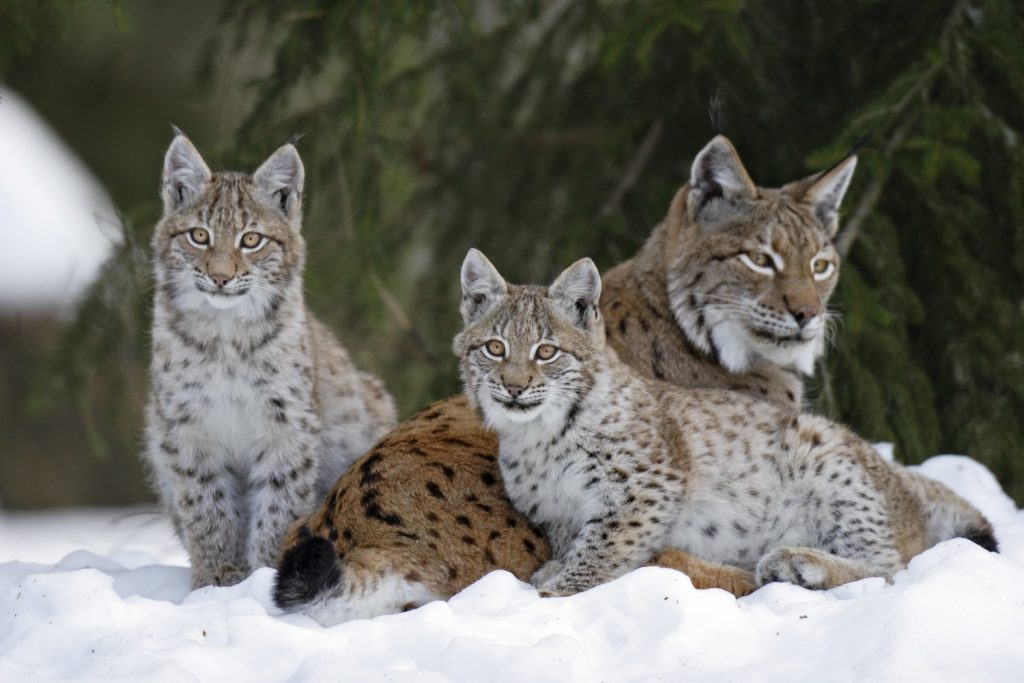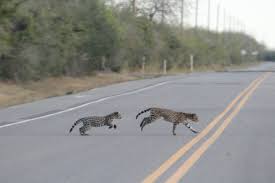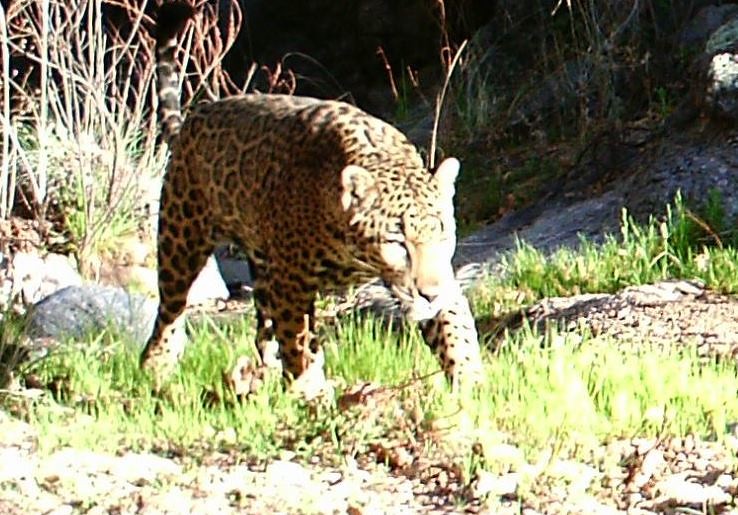A group of republican state lawmakers introduced a resolution that called for the sale of electric cars to be phased out by 2035. Apparently, the resolutions sponsor does not want them banned (in which case a very poorly worded resolution) he just wanted to make a statement about the phasing out of gas-powered vehicles in other states.
So why was all this undertaken? Apparently a group of the states republican lawmakers are aiming to safeguard the oil and gas industries.
It was suggested that the bill would hinder the states ability to trade with other states “Wyoming’s vast stretches of highway, coupled with the lack of electric vehicle charging infrastructure, make the widespread use of electric vehicles impracticable for the state” so the bill stated.
This is frankly stupid: at the moment there is little charging infrastructure, because there are few electric cars. However, the ban is intended to come into force in 2035 which is roughly 2 whole car cycles into the future. Do these people really believe that there wont be more charging infrastructure by then?
Among the reason cited are the following:
- Batteries used in electric vehicles could contain critical minerals whose “domestic supply is limited and at risk for disruption”
- Minerals used in electric batteries are not easily recyclable or disposable, meaning that municipal landfills in the state could be required to develop practices to dispose of these minerals in a safe and responsible manner
- The proliferation of electric vehicles at the expense of gas-powered vehicles will have deleterious impacts on Wyoming’s communities and will be detrimental to Wyoming’s economy and the ability for the country to efficiently engage in Commerce
Lets take these points in turn:
Point one, suggests that there will be a problem supplying the minerals required for the batteries. This is pretty ridiculous, as if this is true then they have nothing to worry about. Having said that, with the advance of sodium batteries and the increasing quantity of lithium that can be captured from many sources, it is simply not true.
Point two is also false: many of these minerals are very valuable, and it is far cheaper to extract minerals from former batteries than from the ground. There is a rapidly growing industry to extract as much of these minerals as is possible for reuse. Will municipals have to be able to deal with some of these issues, of course, and they will adapt easily as they have many times in the past.
Point three is likely to be true, and is I believe the sole real reason. This move was intended to stop the electric vehicle industry before it got going in the state to protect the oil and gas industry (and the large contributions that flow to politicians from these businesses. I would argue that it makes the politicians look both stupid and corrupt.
The resolutions sponsor said that he did not really want to ban electric cars, but merely make a statement about phasing out gas powered vehicles in other states. Of course what should really be remembered, is that while the environmental catastrophe that we are facing needs an end to combustion engine cars, the cost savings are so extreme, that the number of combustion engine cars people want to by in 12 years is likely to be extremely low.
It is fact that, not only are electric cars quickly reaching similar sticker price to combustion engine cars, but even now over the lifetime of the car, they are vastly cheaper – with most people paying hundreds rather than thousands to fuel them each year.







